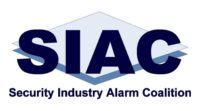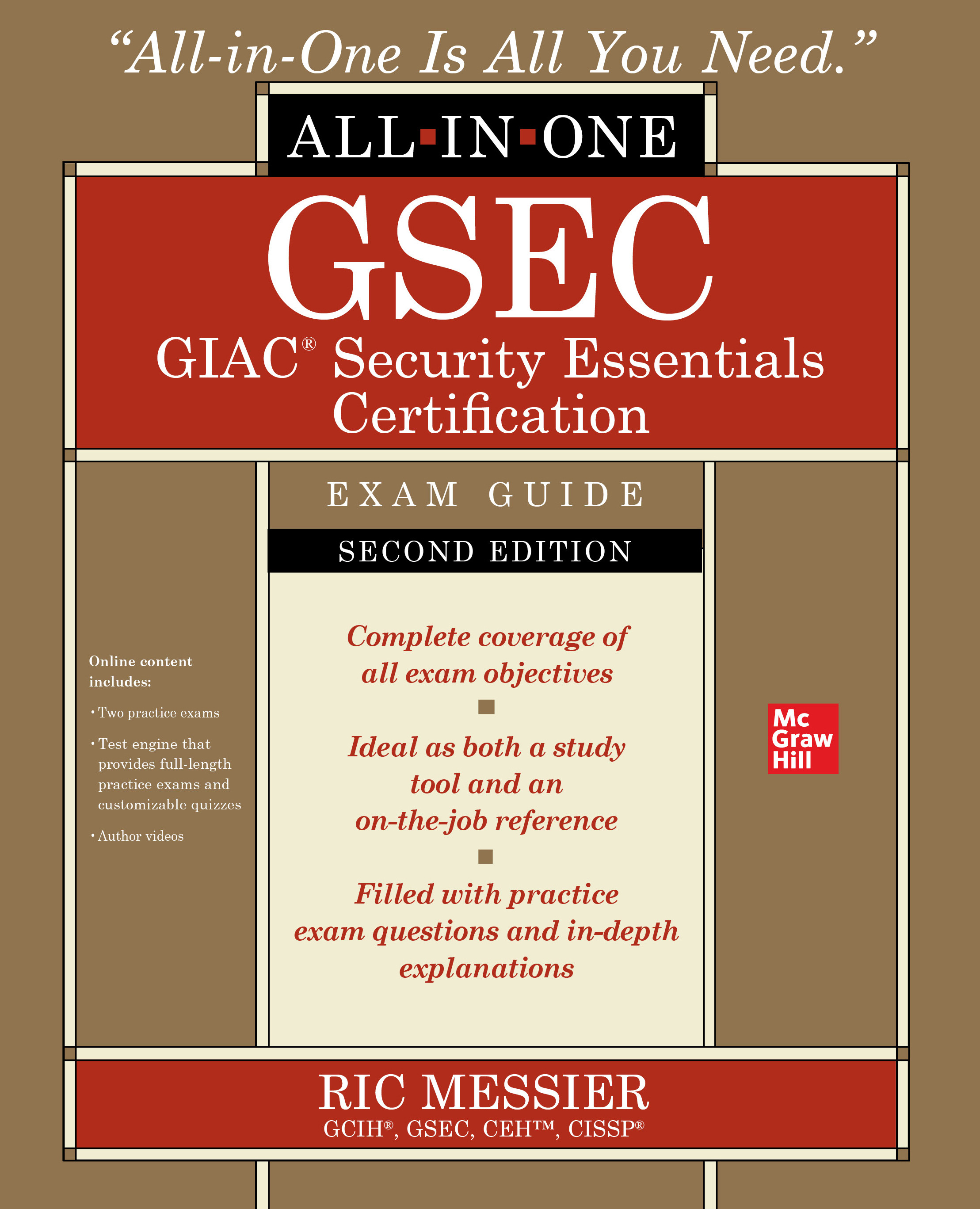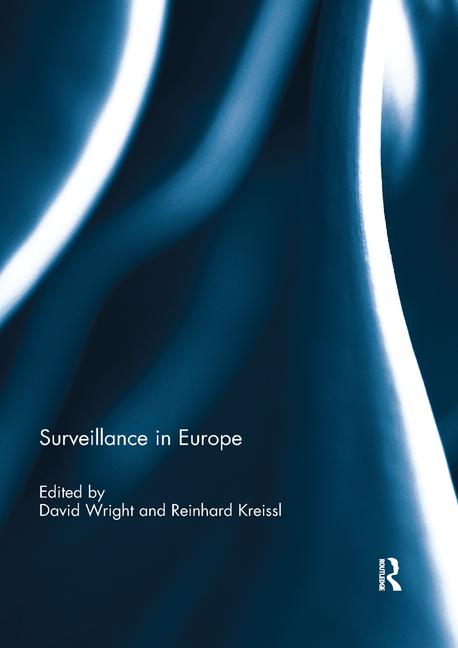Verified Response Experiment Begins in Fremont
“I don’t think there’s going to be any increase in crime,†maintained Fremont Police Chief Craig Steckler. He said the police department would post its monthly crime statistics as it always does on its Web site.
“In eight weeks, this will be water under the bridge,†Steckler maintained, citing that result in other verified response cities, such as Salt Lake City and Yakima, Wash. Staff cuts have forced him to prioritize his police officers’ time, he explained, and he expects the change to allow his officers to “focus on our real crime problems.â€
Steckler cited statistics from 2004 that only 23 out of 7,000 alarms in Fremont were not false.
However, the California Alarm Association (CAA) cited a May 9, 2003, memorandum from the Salt Lake City Police Department to the members of the City Council that from 2001 to 2002, commercial burglaries at alarmed properties increased 15 percent to 248. At residential properties with alarms, burglaries increased 29 percent during the same period to 102. That totals 350.
Steckler conceded that the police department still will respond to robbery and panic alarms that are activated by employees on the scene, disturbances at four gun stores in the city and to 20 homeland security sites.
He noted that 321 alarm companies have at least one alarm installation in the city. “This is not an indictment of the whole industry,†Steckler maintained. “There are some very fine companies that do a very fine job to keep their facilities’ alarm rates down and they do quite well at it.â€
The police department will accept sound, video, webcam or private security verification of burglaries. Steckler emphasized that the city has chosen verified response because of difficulties implementing a full cost recovery system that would charge alarm companies $98 per false alarm that they could then pass on to their customers.
“That’s like billing auto dealers for speeding tickets,†declared Mike Salk, vice president of the East Bay Alarm Association, Oakland, and Reed Brothers Security, Oakland. “We provided him with a six-page legal opinion on billing someone for another’s actions when the first party doesn’t have control over the second party.
“We have been working to do everything that we could to position it so everybody could win,†Salk emphasized.
“Unfortunately, the short implementation period has been a major obstacle for us,†Salk conceded.
“We acted as fast as we could to secure patrol service and did not allow customers to be educated on alternatives in place of patrol service because it wouldn’t give us enough time to install the equipment,†Salk noted.
“We know false alarms are a problem,†he conceded. “We the alarm industry need help from communities by adopting strong ordinances to put pressure on abusers of alarms.
“What’s happened in Fremont is everybody is penalized,†he emphasized. “If we applied the same approach, nobody would be driving because of speeders.â€
Salk admitted that verified response frees up police time but it does not generate income. He estimated that an increase in alarm fees to cover patrol of $5 per month could result in additional income of $600,000 annually. If that money were routed to the police, the department could hire four or five more patrol officers.
“By going to non-response, that’s not addressing the problem,†Salk insisted. “You’re not focusing on a solution to the problem.†He also suggested a $45 permit fee could generate from $800,000 to $900,000 based on the number of commercial customers in Fremont.
A policy of non-response after two false alarms could reduce the number of alarm abusers, and fines could generate additional income that could be applied to increase police staffing, Salk suggested. With the current situation, commercial customers will need to buy more services, such as private patrol and verified response equipment, from the alarm industry.
“The alarm industry will benefit from this – I just don’t feel it’s the right thing for the citizens,†Salk lamented.“It’s something the citizens should decide – it’s their city.â€
Looking for a reprint of this article?
From high-res PDFs to custom plaques, order your copy today!






